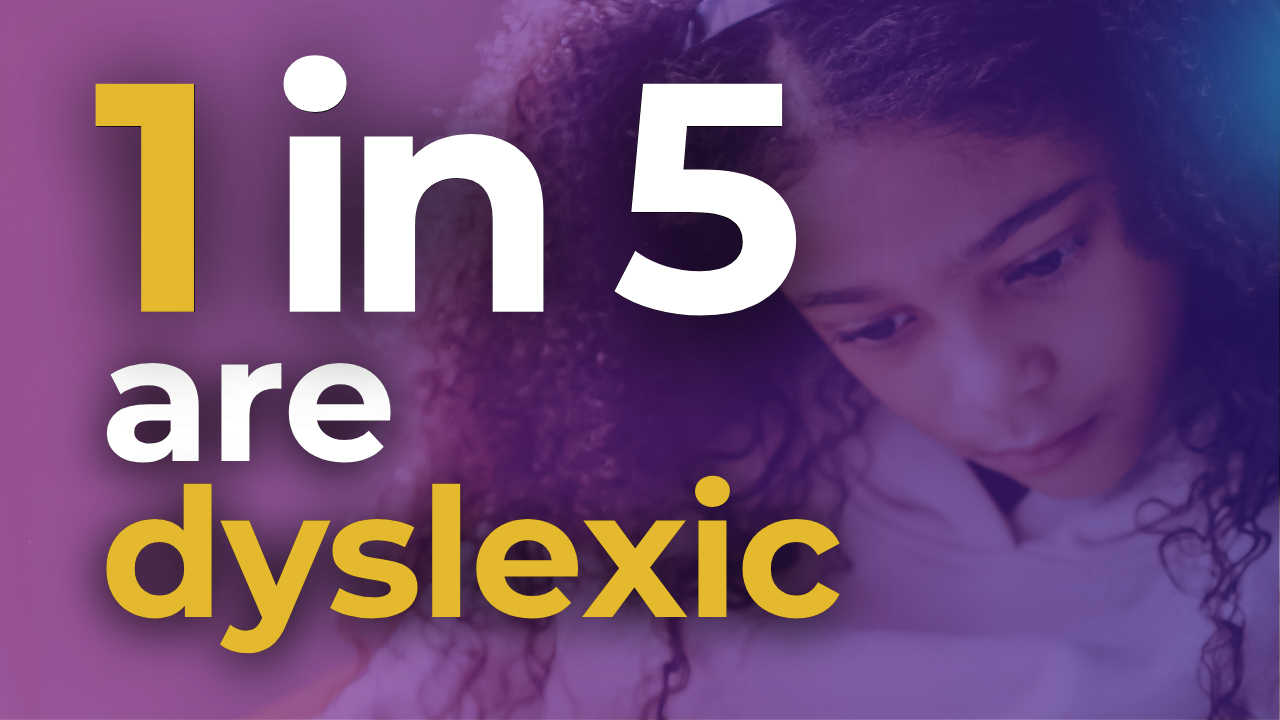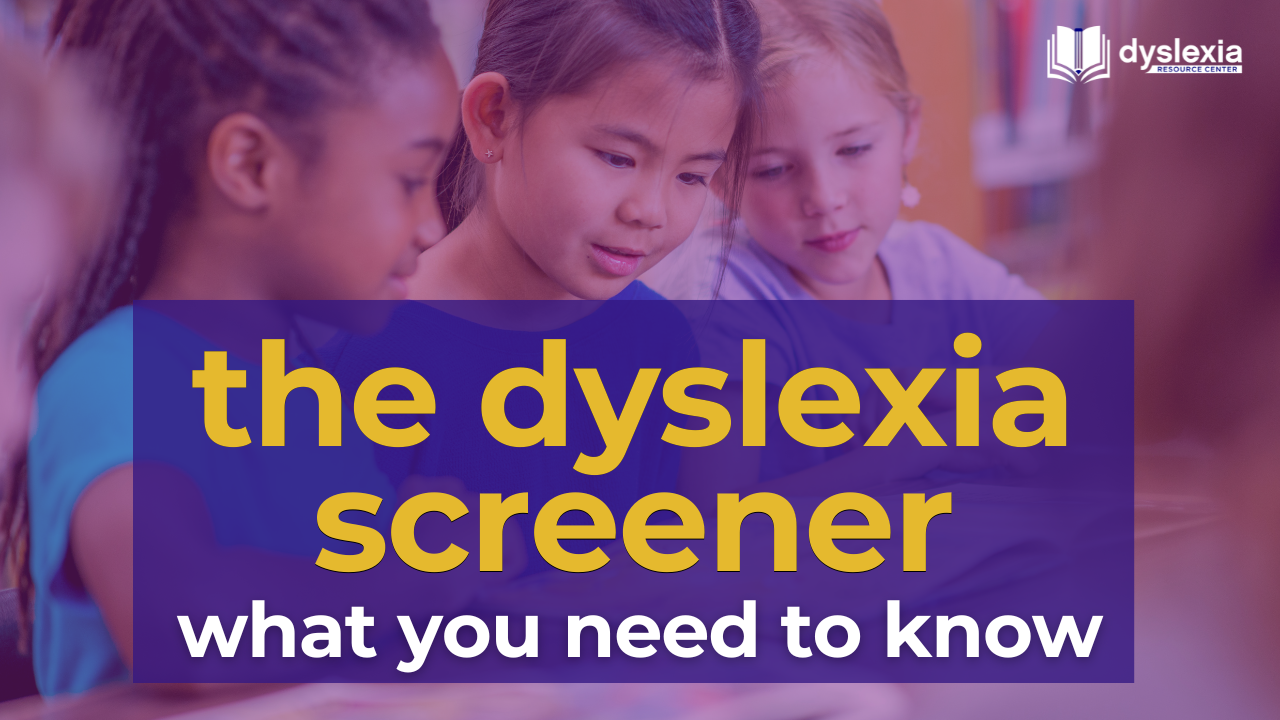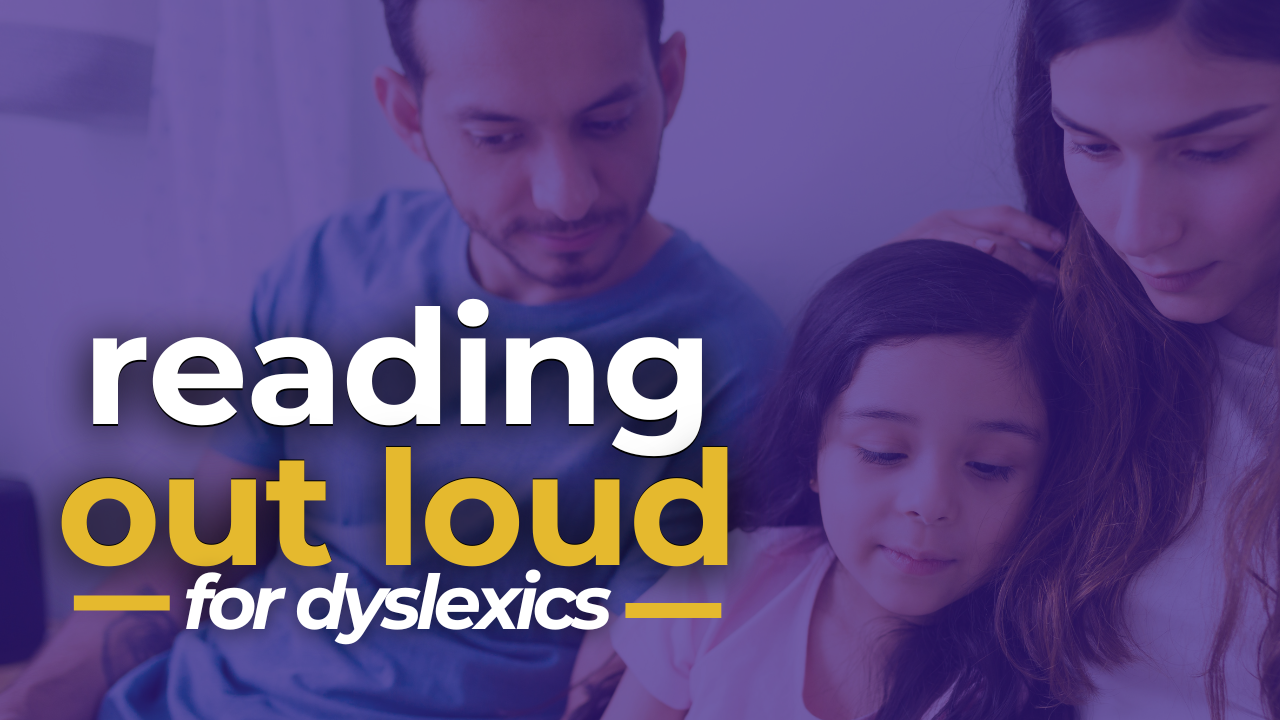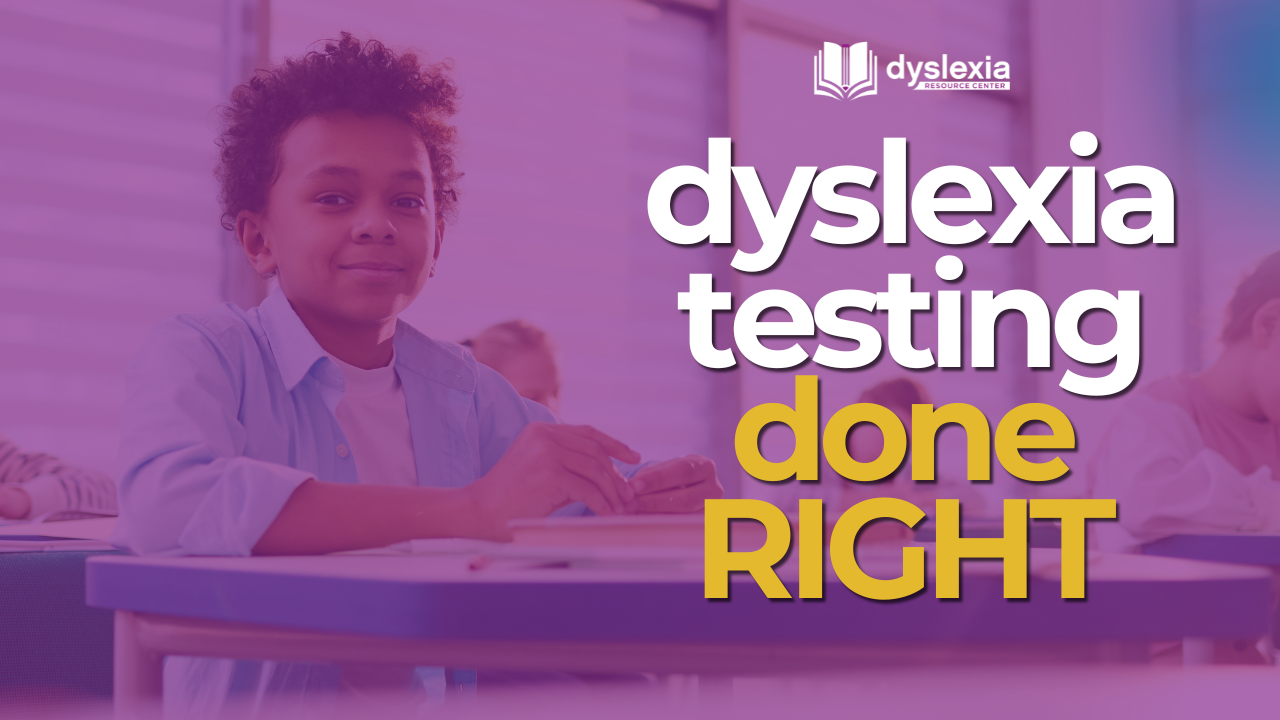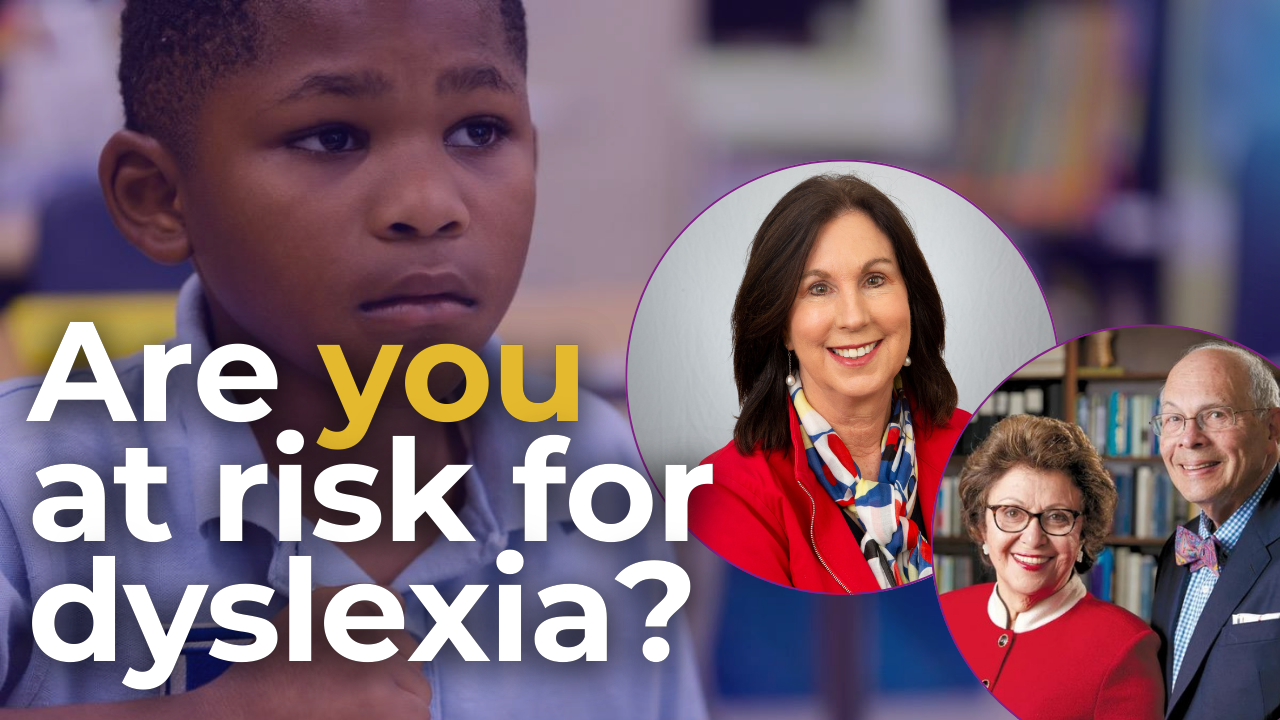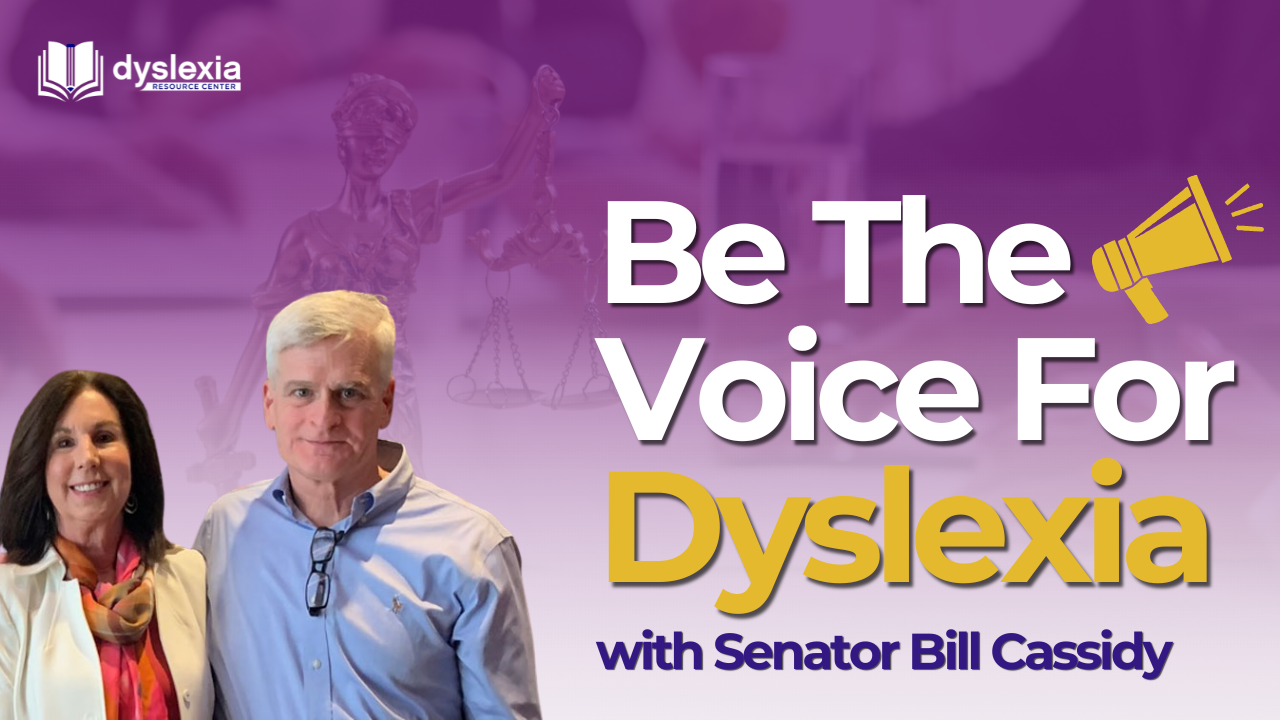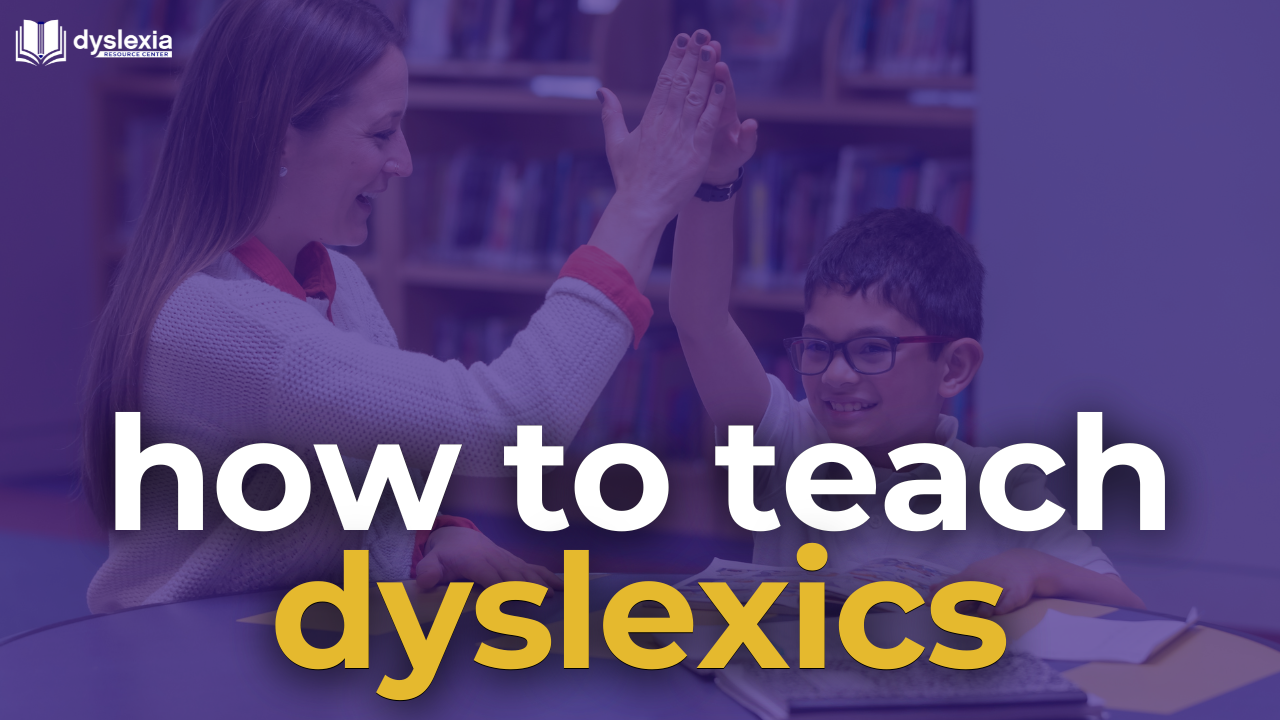Episode 20: The Importance of Dyslexia Testing
In this third and final episode of our interview series with Dr. Laura Cassidy and Drs. Sally and Bennett Shaywitz, we dive deep into the importance of proper dyslexia testing, the distinction between screening and diagnostic assessments, and why early identification can change the trajectory of a child’s life.
Why Early Dyslexia Testing Matters
Early testing for dyslexia is crucial for ensuring that children receive the support they need. Dr. Cassidy emphasizes that while schools can provide intensive intervention for all at-risk students, proper testing allows for personalized accommodations that follow a child throughout their academic career and beyond. Knowing a child is dyslexic empowers both the student and educators, ensuring that interventions are based on real, evidence-based needs.

Screening vs. Diagnostic Testing: What’s the Difference?
Dr. Bennett Shaywitz explains that screening helps identify students who may be at risk for dyslexia, but it does not provide a formal diagnosis. A full diagnostic assessment is necessary to confirm dyslexia and ensure the right support is in place. At Louisiana Key Academy (LKA), testing is conducted by Certified Academic Language Therapists rather than psychologists, focusing specifically on dyslexia.
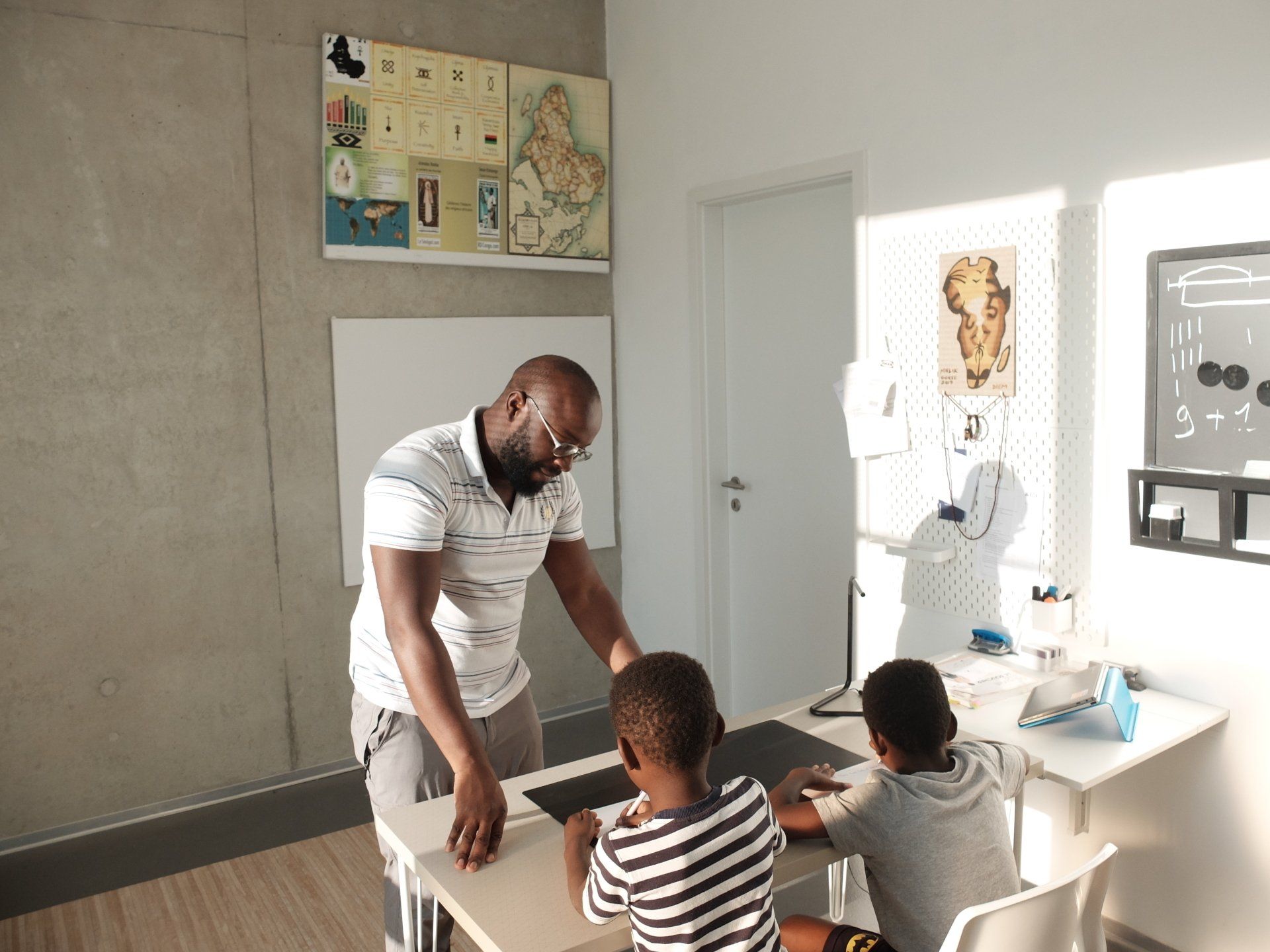
The Key Components of Dyslexia Testing
To accurately diagnose dyslexia, testing must align with the federal and Louisiana state definitions, which describe dyslexia as an “unexpected difficulty in reading for an individual who has the intelligence to be a much better reader.”
Dr. Cassidy highlights the essential assessments used at LKA:
- Clinical History: Gathering information about early language development, speech delays, and difficulties with rhyming or letter recognition.
- Intelligence Testing: Identifying unexpected difficulties in reading relative to a child’s cognitive abilities.
- Phonological Awareness Tests (CTOPP): Assessing a child’s ability to break down and manipulate sounds.
- Reading Fluency & Decoding (TOWRE): Measuring the ability to read real and nonsense words accurately and quickly.
- Oral Reading Fluency: Evaluating a child’s ability to read connected text with proper pacing and intonation.
These assessments help determine whether a child’s reading struggles are unexpected for their age and ability, reinforcing the need for targeted intervention.
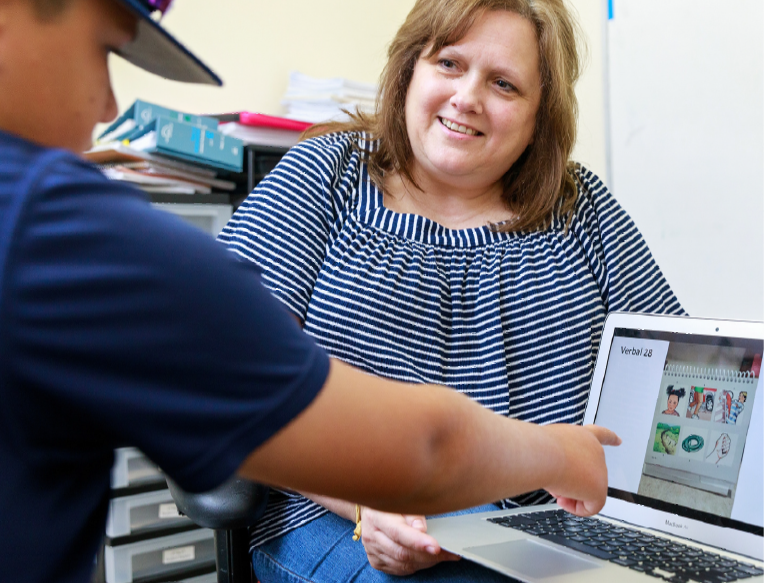
Why Identifying Dyslexia is Life-Changing
Without proper identification, children with dyslexia may struggle in silence, believing they are not capable learners. Dr. Shaywitz stresses that a diagnosis provides self-awareness, confidence, and access to lifelong accommodations. Additionally, a great majority of students labeled with a learning disability actually have dyslexia, making it imperative that schools prioritize early, evidence-based testing and instruction.
Final Thoughts: Ensuring Every Child Has a Path to Success
Dr. Cassidy and the Shaywitzes conclude by reinforcing the importance of a structured, evidence-based approach to dyslexia identification and intervention. Schools must ensure that children not only receive an accurate diagnosis but also gain access to proper reading instruction and accommodations.
If you have questions about dyslexia testing or need support, the Dyslexia Resource Center is here to help. Reach out to learn more about how you can advocate for the best educational pathway for your child.
Thank you for joining us for this insightful three-part series on dyslexia with Dr. Laura Cassidy and Drs. Sally & Bennett Shaywitz.
